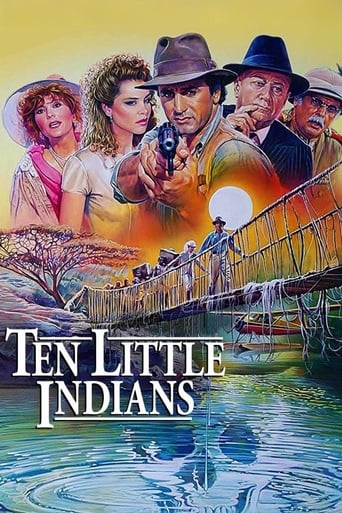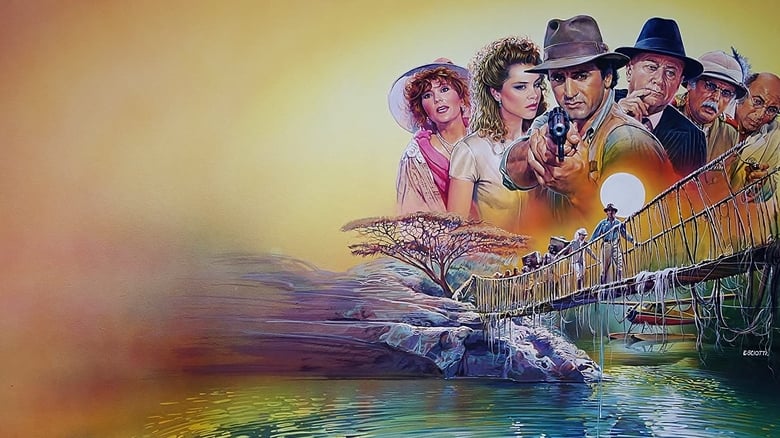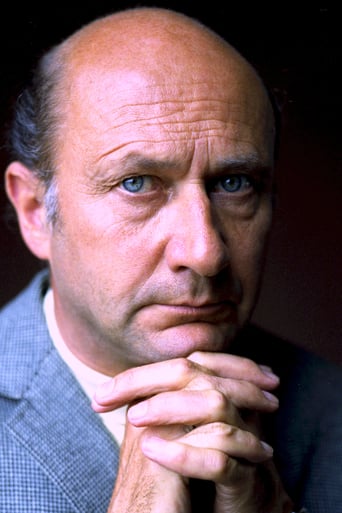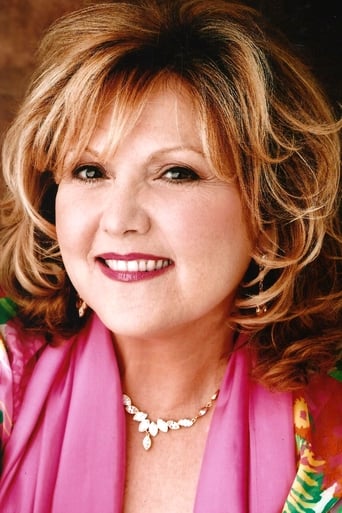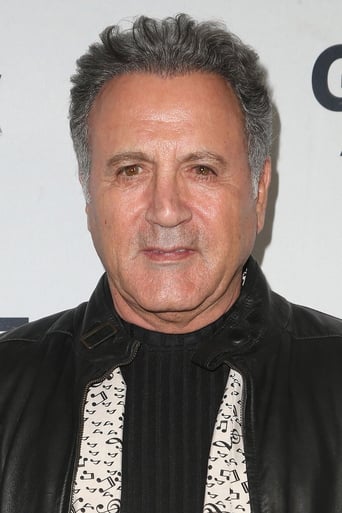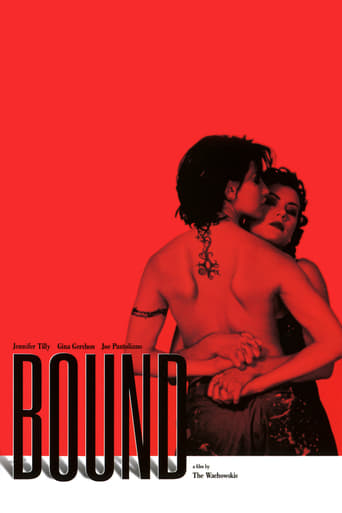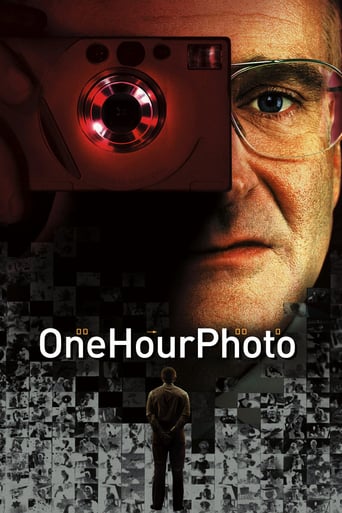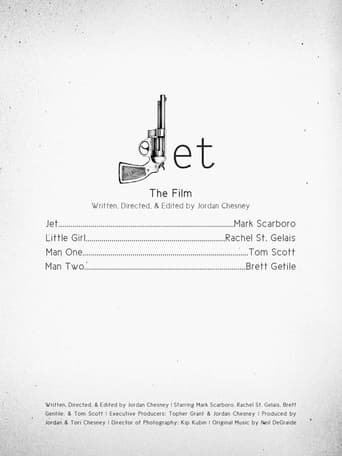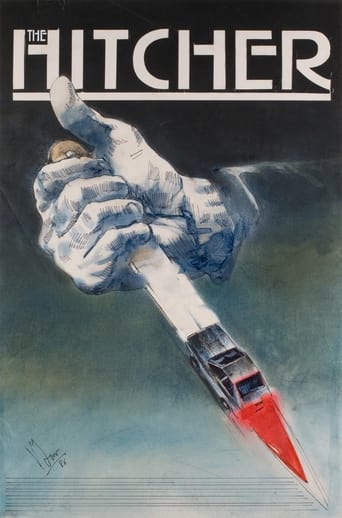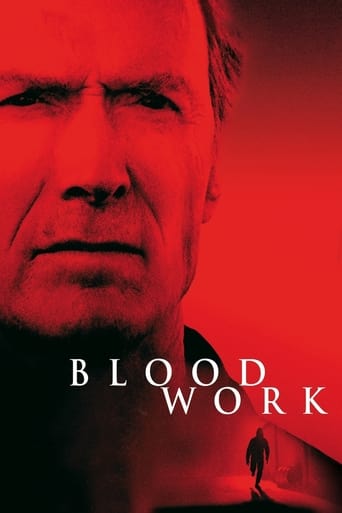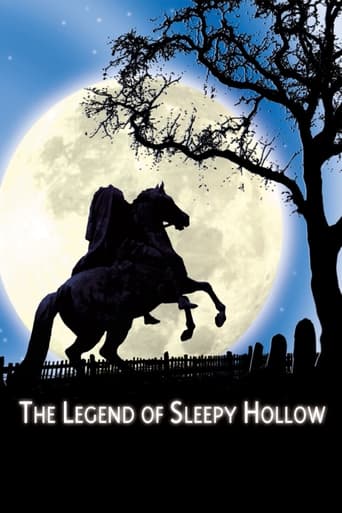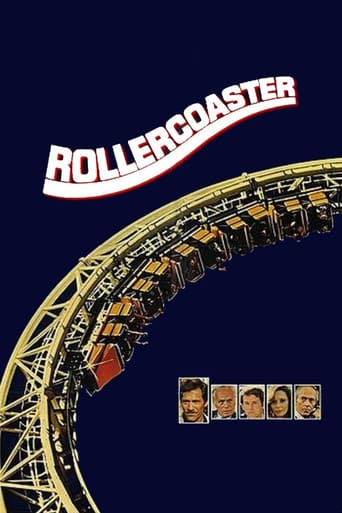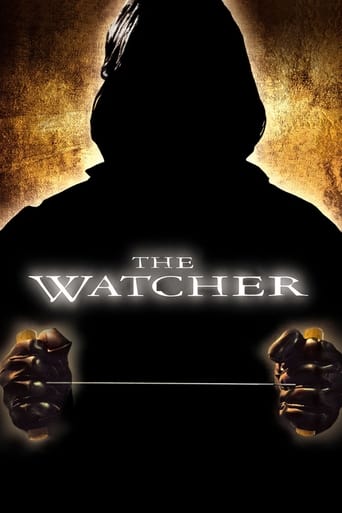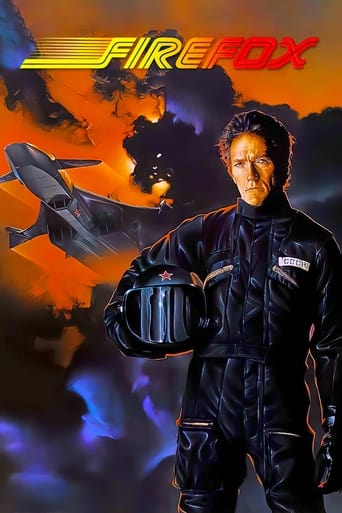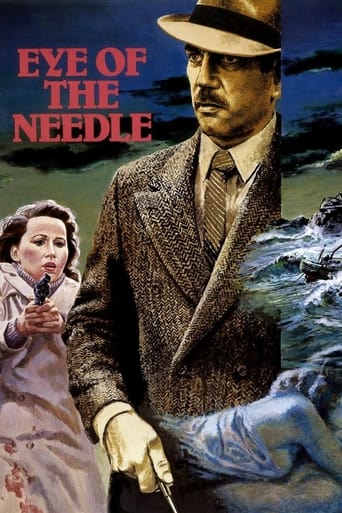Ten Little Indians (1989)
An unknown judge invites a guilty governess and others to a 1930s safari, for justice one by one.
Watch Trailer
Cast


Similar titles
Reviews
best movie i've ever seen.
Clever, believable, and super fun to watch. It totally has replay value.
The story-telling is good with flashbacks.The film is both funny and heartbreaking. You smile in a scene and get a soulcrushing revelation in the next.
The film never slows down or bores, plunging from one harrowing sequence to the next.
Weak.Ten people are invited on a safari in Africa. One by one they are killed off. Clearly one of them is the murderer. But which one? Fairly weak adaptation of the Agatha Christie novel. Not at all intense, and the intrigue is very diluted. Pretty much a paint-by- numbers rendition. Bland, unimaginative direction.Consequently, the actors appear to be sleep-walking for most of this. No spark at all. Dead giveaway that this isn't exactly going to be Citizen Kane - it stars Frank Stallone, Sylvester's even less talented brother.
This film is the weakest of the Harry Alan Towers' adaptations of Agatha Christie's "Ten Little Indians". This is a shame, as it is the most recent film we have of this book, although we all pray that there will be another film in the future. Everything about this film has more weak points than strong. The casting is dull and uninteresting. The setting is bizarre. The script is slow and lacks energy. It looks, in all honesty, more like an amateur production. However, I shall go through things fairly chronologically:The setting is possibly the weirdest of any of the films. A mansion in the Swiss Alps (1965) was believable, an ornate palace in Iran (1974) was a little more difficult to comprehend, but this is beyond both. There is very little claustrophobia felt, possibly because they are pretty much always in the open air, but also because of the method of transport. In the original novel and 1945 film, the guests travel by boat across a particularly choppy sea. In the 1965 film, they travel by cable car, which is later sabotaged. The 1974 film probably has the most isolated feel, because they arrive by helicopter in the middle of nowhere. In this film, the guests arrive by foot, and, although it looks desolate and seems isolated, it doesn't look impossible for anyone to escape – it looks as though at least one person is going to manage to make a run for it. None of the characters fit into the setting, either; why the elderly Judge Wargrave and General Romensky are there is a mystery.The acting is, to put bluntly, poor. This is not necessarily the fault of the actors, as the script itself is slow and seems pregnant, as if something should be happening, but never actually does happen. By contrast, the deaths happen at lightning speed, and we rattle through the first five murders, without any deductive reasoning or hypothesising taking place in between. The acting doesn't really convince. Donald Pleasance appears less authoritative than any previous Judge Wargrave; he is bumbling, forgetful, slow, and weary, and not really very believable as a judge. Frank Stallone gives a dull, static performance as Lombard, speaking his lines as if he's reading the news. Sarah Maur Thorp is refreshing as Vera, but her overacting becomes irritating, and by the end, her high-pitch scream becomes incredibly annoying. Brenda Vacarro is a good actress, but she is let down by the fact that she is playing a bland, substanceless character, fading actress Marion Marshall. Yehuda Efroni gives a bizarre interpretation of the doctor; instead of the wise portrayals of Walter Huston and Dennis Price, he appears positively half-witted and childlike – he sulks like a schoolchild at dinner on the first night of the safari, for no reason. Herbert Lom is not given very much to do, but his exposition sequence, when he reveals to Vera his past crime, is excellent. Sadly, he dies just as we grow to like him. Warren Berlinger, like Brenda Vacarro, is given a dull character with little/no substance at all. His performance is gruff, grumbly, and inaudible. Neil McCarthy plays Anthony Marston as a foppish spoiled brat, and while his characterisation is not bad, his fast-paced music number "Mad Dogs and Englishmen" is pointless and random. Paul Smith overacts as Mr Rodgers, to the point where we don't really feel sorry for the death of his wife, played by Moira Lister. Lister's performance is screechy but entertaining, but unfortunately she does very little in the film. The past crimes are a mess. Some are not mentioned at all (judge, doctor, Lombard), and the rest are just vague. Blore's confession is quiet and muffled. Vera's crime, the best the book had to offer, is changed to a one-liner about a boy she looked after drowning. Marston mentions a couple run down by him, with no mention of him being drunk, or even the victims being young children. Marion Marshall's crime is also vague and confusing – we just hear that she pushed her lesbian lover into a swimming pool. The Rodgers' crime is, like Vera's, distorted. Rodgers mentions that they looked after a woman who died – that's it.This film takes ages to get going – we have to sit through the entire journey to the campsite, watching everyone engaging in everyday conversation, little bursts of talk followed by more scenery and elephants. Although Africa is beautiful, and elephants are quite interesting, I think it would have been better to have the focus on the characters and their backstories. Then, after so much wasted time, we suddenly get death after death after death after death after death the whole thing is poorly paced. The scene involving the gramophone record is distorted as well. The voice is not the clear, booming voice it is in the novel, but instead a raspy, slow, accusatory sound crackling from the record player. And somehow, the person who is about to be accused next happens to utter something silly and mechanical before being named by the record.At least the ending is exciting and dramatic, unlike any previous films, but unfortunately it doesn't hold water – why did Lombard wait several minutes before bursting into the tent and saving the screaming Vera? I have read elsewhere on IMDb that there was an original script using the novel's original ending, which was binned just before production began. Where is this script? It is unlikely that we will ever know now.This film has never been released on DVD, but is available on VHS, should anyone have a VHS player. It is also currently unavailable on YouTube, despite being available just a few months ago.
This is the first "grown-up" mystery I ever read, and it remains my absolute favorite to this day--which is why whenever I encounter a new film adaptation, I keep hoping it would do the book justice--but none of them ever do, and this particular version is the worst of the lot.The story should be familiar to everyone: ten people are assembled in an isolated location, are accused of murder by their unseen host, and are executed one by one, with the methods of their deaths corresponding to a child's nursery rhyme. And one thing this version does have going for it is that it avoids tampering with the rhyme as the 1965 and 1974 versions do. Likewise, the crimes each of Mr. Owen's guests have committed also remain largely unchanged from the novel (the sole exceptions being Blore's and Marion Marshall's).But what makes this version so thoroughly unwatchable is how badly the plot is served by the locale, and how badly one has to stretch credulity to believe that something like this could happen as the script writers tell us it does. For example, in her first scene, Mrs. Rodgers complains about "lions and tigers" all around the camp, and later, during the search for Mr. Owen, several characters see one--and yet, immediately afterward, one of the characters is willing to spend the night on an isolated hilltop, without any fear of becoming a lion's midnight snack. In fact, we never see or hear the lions at all after the search; once they've served their purpose of creating tension during the scene in question, they apparently vanish into thin air.Another reviewer has pointed out that too much is out of Mr. Owen's control, and that's 100% accurate; there's simply no way Mr. Owen could have arranged for all of this, especially so far from his home country. The character has no contacts nearby, no agents, nobody to set up the safari, no way to get the natives to isolate the doomed party, no way of making sure everyone meets the end s/he deserves. Moreover, Owen is strangely passive throughout the story; he doesn't set in motion the chain of events that lead to the fifth, sixth, and seventh murders, but relies entirely on chance and opportunism, and it's simply impossible for him to commit the second.Lombard is finally the soldier of fortune he is supposed to be, rather than the engineer of previous adaptations--but it completely strains credulity to the breaking point to think that he would not have had his own supply of ammunition, rather than having to filch Marston's. And when Lombard finally succeeds in radioing for help, and is told that a rescue plane would be launched "in the morning," it doesn't occur to him to tell whoever's sending it that four people have already died and they need that plane NOW. He takes the delay far too passively for a man of his temperament--or at least, for a man of what his temperament should be.The acting is uneven among all the actors, with the sole exceptions of Neil McCarthy, Sarah Maur Thorpe, and Yehuda Efroni--and in Efroni's case, it's because he's uniformly bad from start to finish. His caricature of a performance starts out as distracting and ends up being just painful to watch.Finally, the international cast of characters - three English, five American, one Romanian, one German - is a problem that plagues all four English-language adaptations and especially this one, because how would Owen even have heard about all of them in the first place? The whole point is that no one knows that these people have committed murder; all of the deaths in their pasts have been put down either to accident, natural causes, or the normal course of war or the legal system, but Owen, owing to his position *in his own society,* is able to find people to tell him what really happened. How would Owen have discovered the "truth" about the deaths of both Beatrice Taylor and Heinrich Domeratsky - deaths that take place 6500 miles and 15 years apart?
I am not going to sit here and go on yet another tirade on how sub par this 1989 version of Agatha Christie's novel is. We all know! I do not even mind that we have some (albeit CRAZY) fans of this film that think it is a true masterpiece. But the reviewer who wrote "Good Movie" and rated this film 10 stars needs to be thrown in jail, never to see the light of day again.Obviously, there are people on here who do not take movies or these open forums seriously. If you liked the movie, fine. (Actually, I do feel it is much better than the horrendous 1974 version). But 10 stars out of 10!!! Even if this film wasn't based on a classic Christie novel, it would still NEVER, EVER deserve to be garnered with that amount of stars. What do you rate "Gone With the Wind" if you rate this campy, TV movie 10 stars? And to say that it is BETTER than Ms. Christie's novel. That comment made me regurgitate my entire lunch about 5 times. Better than the novel... I could at least respect, if still disagree, if this commentator had said they liked the original film version better than the novel. But this tepid piece that plays like a middle school drama club production? AAAAAAAAAAAHHHHHHHHHHHHH!!!

